It’s an “extremely rare phenomenon” that sheds light on black hole mysteries.
Category: cosmology – Page 258
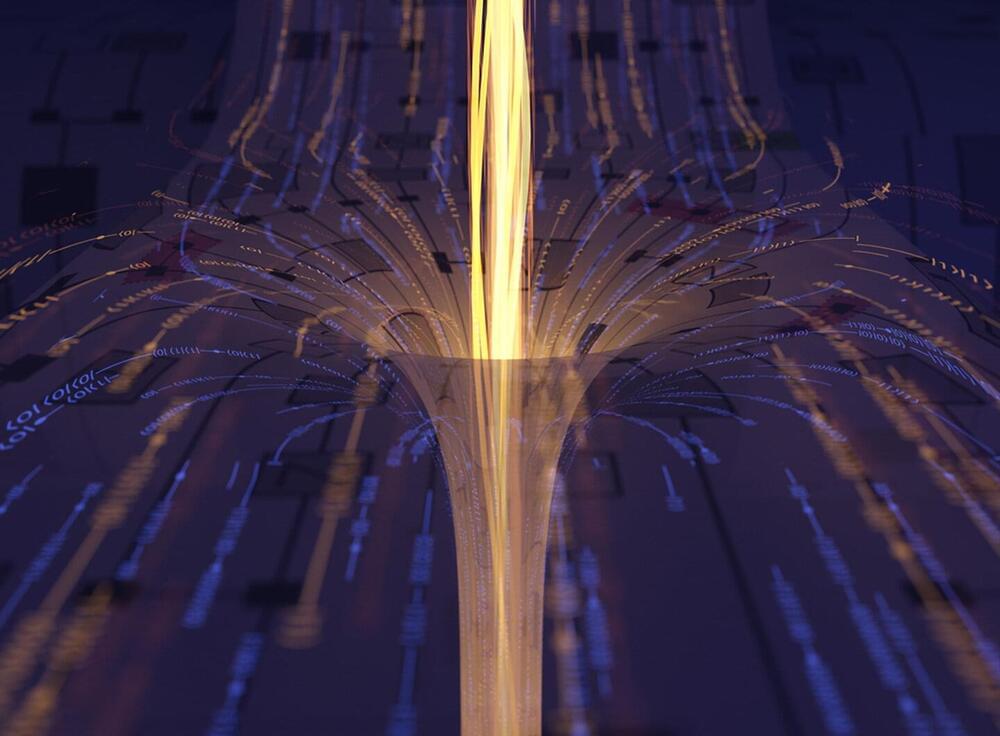
Physicists observe wormhole dynamics using a quantum computer
Scientists have, for the first time, developed a quantum experiment that allows them to study the dynamics, or behavior, of a special kind of theoretical wormhole. The experiment has not created an actual wormhole (a rupture in space and time), rather it allows researchers to probe connections between theoretical wormholes and quantum physics, a prediction of so-called quantum gravity. Quantum gravity refers to a set of theories that seek to connect gravity with quantum physics, two fundamental and well-studied descriptions of nature that appear inherently incompatible with each other.
“We found a quantum system that exhibits key properties of a gravitational wormhole yet is sufficiently small to implement on today’s quantum hardware,” says Maria Spiropulu, the principal investigator of the U.S. Department of Energy Office of Science research program Quantum Communication Channels for Fundamental Physics (QCCFP) and the Shang-Yi Ch’en Professor of Physics at Caltech. “This work constitutes a step toward a larger program of testing quantum gravity physics using a quantum computer. It does not substitute for direct probes of quantum gravity in the same way as other planned experiments that might probe quantum gravity effects in the future using quantum sensing, but it does offer a powerful testbed to exercise ideas of quantum gravity.”
The research will be published December 1 in the journal Nature. The study’s first authors are Daniel Jafferis of Harvard University and Alexander Zlokapa (BS ‘21), a former undergraduate student at Caltech who started on this project for his bachelor’s thesis with Spiropulu and has since moved on to graduate school at MIT.
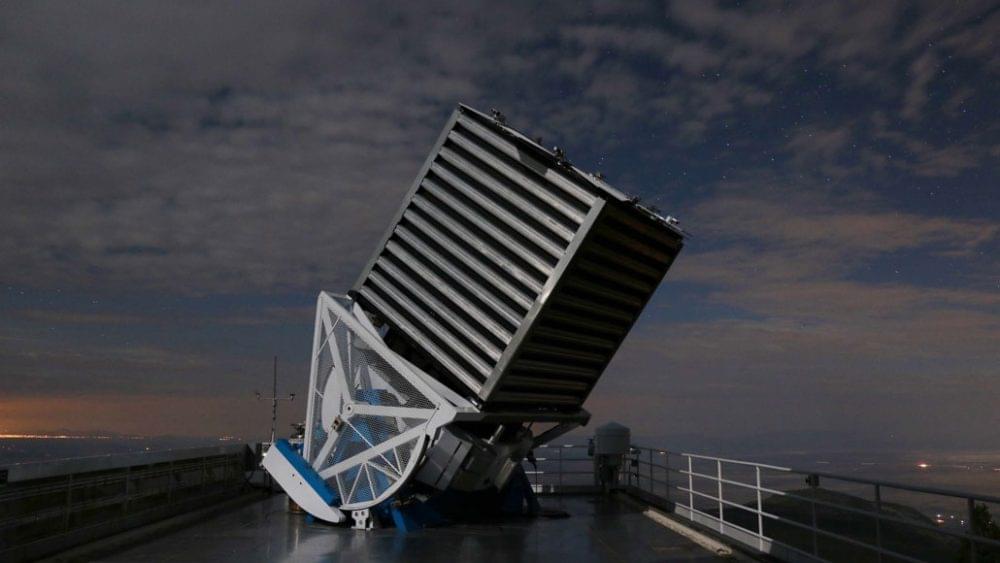
Researchers Find Massive Structure in Deep Space That Could Break our Understanding of the Cosmos
Observations of thousands of galaxies made with the Sloan Digital Sky Survey telescope (pictured) have revealed a giant arc of galaxies, which refutes the theory of their uniform distribution in the Universe. However, the existence of the large-scale structure discovered by astronomers from the UK and the United States needs to be confirmed by other observations to be accepted.
During the virtual conference of the American Astronomical Society, scientists announced the discovery and study of a “Giant Arc,” which consists of ancient galaxies.
Alexia Lopez and her colleagues analyzed the light of about 40,000 distant quasars recorded during the SDSS survey. These are some of the brightest objects in the Universe and are believed to represent the active nuclei of distant galaxies containing supermassive black holes.
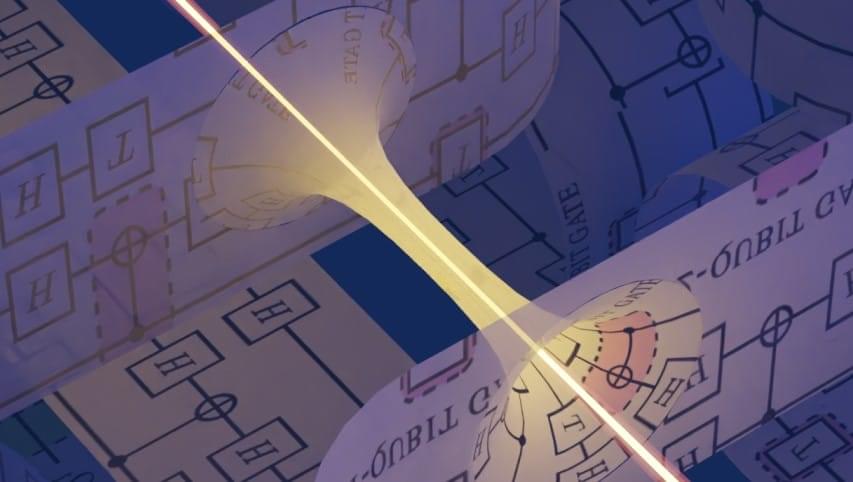
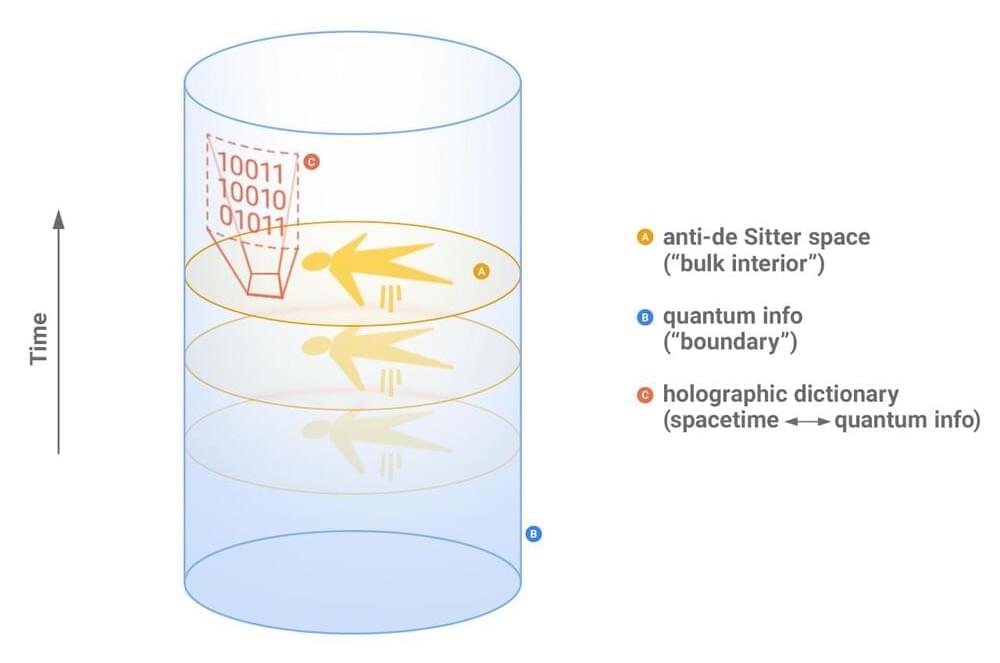
Making a Traversable Wormhole with a Quantum Computer
Wormholes — wrinkles in the fabric of spacetime that connect two disparate locations — may seem like the stuff of science fiction. But whether or not they exist in reality, studying these hypothetical objects could be the key to making concrete the tantalizing link between information and matter that has bedeviled physicists for decades.
Surprisingly, a quantum computer is an ideal platform to investigate this connection. The trick is to use a correspondence called AdS/CFT, which establishes an equivalence between a theory that describes gravity and spacetime (and wormholes) in a fictional world with a special geometry (AdS) to a quantum theory that does not contain gravity at all (CFT).
In “Traversable wormhole dynamics on a quantum processor”, published in Nature today, we report on a collaboration with researchers at Caltech, Harvard, MIT, and Fermilab to simulate the CFT on the Google Sycamore processor. By studying this quantum theory on the processor, we are able to leverage the AdS/CFT correspondence to probe the dynamics of a quantum system equivalent to a wormhole in a model of gravity. The Google Sycamore processor is among the first to have the fidelity needed to carry out this experiment.
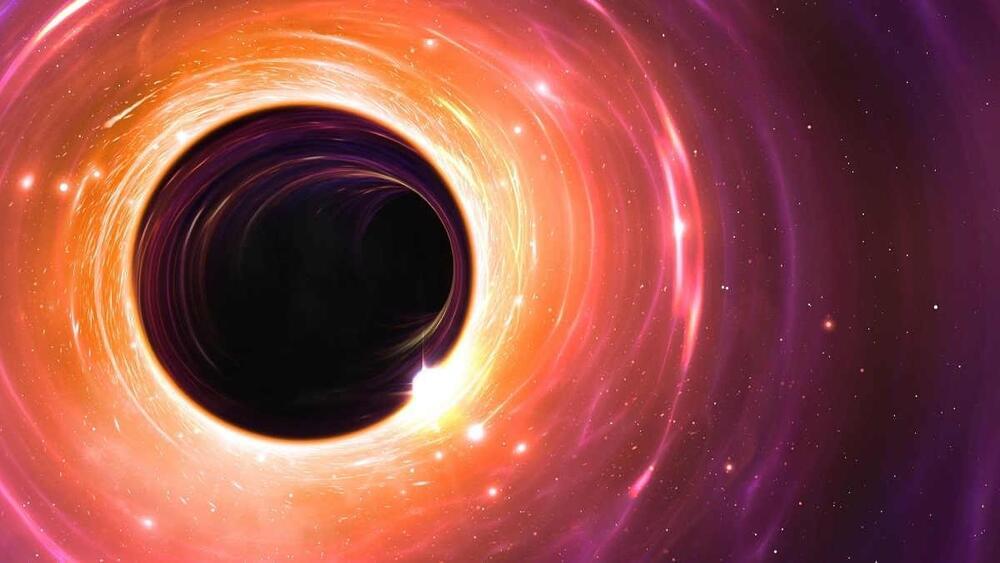
Black hole simulated in lab began glowing
Physicists have simulated a black hole in a lab. Then it started glowing.
This allowed the team to realise that their black hole analogue may help explain so-called “Hawking radiation”, theorised to be emitted by black holes in nature.
Their analysis of the black hole in a bottle is presented in a paper published in the Physical Review Research journal.
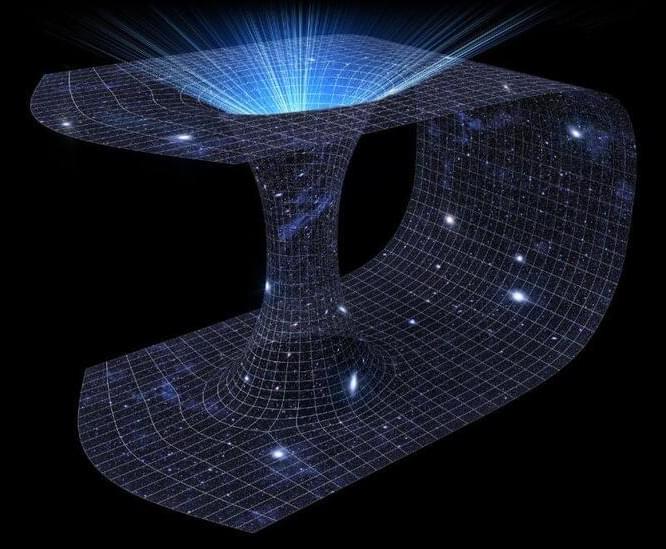
Astronomers capture a rare black hole phenomena billions of light years away
The tidal disruption event ripped apart the star so a black hole could feast.
Black hole ripping a star apart: Rare phenomenon observed by astronomers
Carl knox / ozgrav, ARC centre of excellence for gravitational wave discovery, swinburne university of technology.
The specific event they observed and analyzed is so rare that it has only been seen three other times throughout history.
NASA uses a climate simulation supercomputer to better understand black hole jets
NASA’s Discover supercomputer simulated the extreme conditions of the distant cosmos.
A team of scientists from NASA’s Goddard Space Flight Center used the U.S. space agency’s Center for Climate Simulation (NCCS) Discover supercomputer to run 100 simulations of jets emerging from supermassive black holes.
The scientists set out to better understand these jets — massive beams of energetic particles shooting out into the cosmos — as they play a crucial role in the evolution of the universe.